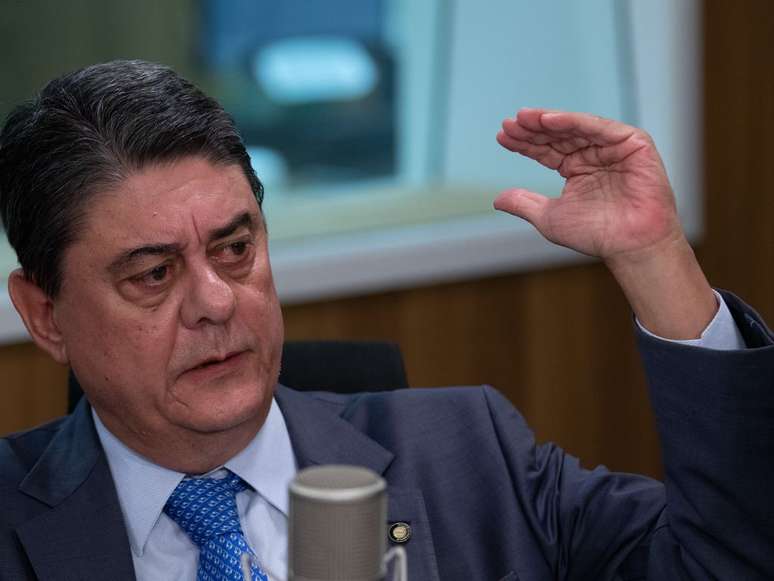The federal government has launched legislation to suspend social networks and impose millionaire fines on social networks for harmful content
A sort of sheriff of the Lula government for platforms, the national secretary of consumers, Wadih Damous, said in an interview with the column this Thursday 13, that the new ordinance 351/2023, of the Ministry of Justice, has changed the game for the federal government in addressing content that threatens people in and out of schools.
“The time has come for confrontation. It was already time past. This ordinance should be welcomed by the platforms as something positive,” Damous said in an interview with the column.
“There will be no retreat. Platforms must moderate content. If they don’t, we will do it according to the law. We will take administrative measures proportionate to the offensive content,” she added.
The ordinance is a reaction to recent attacks and threats to the school community, propagated or encouraged on social networks.
According to the text of the ordinance, it will be up to Senacon, from Damous, to implement measures to prevent the dissemination of “obviously illicit, harmful or harmful content by social network platforms”. They range from the opening of an administrative procedure and the request for the removal of harmful content to the suspension of the activities of a platform in Brazil, which, in practice, would temporarily prevent access to the service on the national territory.
It will also be up to Damous, as head of the Senacon, to decide the size of the penalties for platforms that violate the “general duty of safety and care in relation to the propagation of illegal, harmful and harmful content”. According to the interpretation released by the Ministry of Justice on the Consumer Protection Code, the amount of the fines can go up to R$ 12 million.
“But I have already been informed that there is a debate about this maximum amount,” Damous said of the possibility of even higher penalties.
Another novelty of the ordinance is that the Senacon is obliged to ask platforms to adopt measures to mitigate the risk of dissemination of content and profiles that encourage attacks on the school environment or that apologize to the perpetrators of this type of crime.
The secretariat should also request reports from platforms on proactive steps taken to limit the spread of harmful content, response to requests from authorities, and development of crisis protocols.
Damous rejects the risks of challenging the order in the Federal Supreme Court (STF).
“Of course, everyone has their rights. But I don’t see any unconstitutionality. The ordinance aims to implement the federal constitution. No right is absolute,” she said.
Source: Terra
Rose James is a Gossipify movie and series reviewer known for her in-depth analysis and unique perspective on the latest releases. With a background in film studies, she provides engaging and informative reviews, and keeps readers up to date with industry trends and emerging talents.


![Tomorrow Belongs to Us: What’s in store for Wednesday 29 October 2025 episode 2063 [SPOILERS] Tomorrow Belongs to Us: What’s in store for Wednesday 29 October 2025 episode 2063 [SPOILERS]](https://fr.web.img2.acsta.net/img/bd/91/bd91cdd6caf823af3b0287cd39a943a5.jpg)




